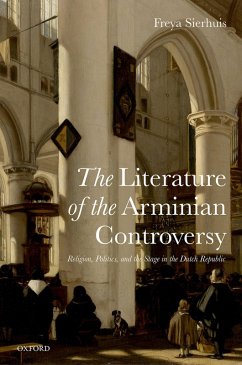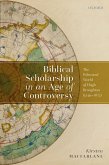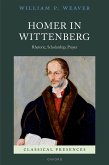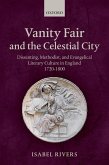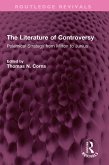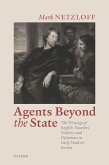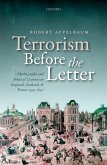The Literature of the Arminian Controversy highlights the importance of the Arminian Controversy (1609-1619) for the understanding of the literary and intellectual culture of the Dutch Golden Age. Taking into account a wide array of sources, ranging from theological and juridical treatises, to pamphlets, plays and and libel poetry, it offers not only a deeper contextualisation of some of the most canonical works of the period, such as the works of Dirck Volckertz. Coornhert, Hugo Grotius and Joost van den Vondel, but also invites the reader to rethink the way we view the relation between literature and theology in early modern culture. The book argues how the controversy over divine predestination acted as a catalyst for literary and cultural change, tracing the impact of disputed ideas on grace and will, religious toleration and the rights of the civil magistrate in satirical literature, poetry and plays. Conversely, it reads the theological and political works as literature, by examining the rhetoric and tropes of religious controversy. Analysing the way in which literature shapes the political and religious imaginary, it allows us to look beyond the history of doctrine, or the history of political rights, to include the emotive and imaginative power of such narrative, myth and metaphor.
Dieser Download kann aus rechtlichen Gründen nur mit Rechnungsadresse in A, B, BG, CY, CZ, D, DK, EW, E, FIN, F, GR, HR, H, IRL, I, LT, L, LR, M, NL, PL, P, R, S, SLO, SK ausgeliefert werden.

